Description
Fiction. Most of us remember the mystery and innocence of first love and its inevitable loss. Far fewer ever have a chance (or the desire, the obsession, or the destiny) to attempt late in life to make whole again what broke apart. This is the story of one of those attempts—the tale of MARY O’HOULIHAN, told with wry humor and affection by author Mike O’Connor. In a way, this book is a sequel to O’Connor’s 2010 book, UNNECESSARY TALKING, the humorous and spirited tales of a small-town American childhood.
Mike O’Connor, born in Aberdeen, Washington, is a poet, writer, and translator of Chinese literature. For 12 years, he farmed and worked in the woods before pursuing Chinese studies and a journalism career in Asia for fifteen years. He is the author of nine books of poetry, translation, and memoir. His most recent publications include MARY O’HOULIHAN (2013), IMMORTALITY (2010) and UNNECESSARY TALKING: THE MONTESANO STORIES (2009), all from Pleasure Boat Studio. O’Connor is a recipient of a National Endowment for the Arts Fellowship (2003-4); an International Writers’ Workshop Fellowship, Hong Kong, (2006); and a Washington State Artist Trust Fellowship (2009). He served as publisher of Empty Bowl Press in Port Townsend, a writers’ co-operative, and care takes forest land on the Big Quilcene River.


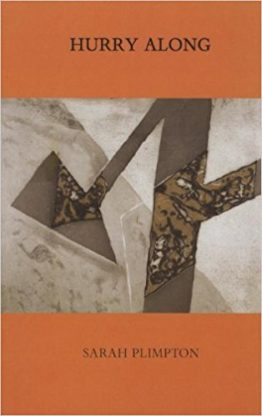
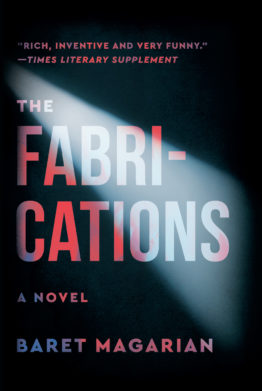
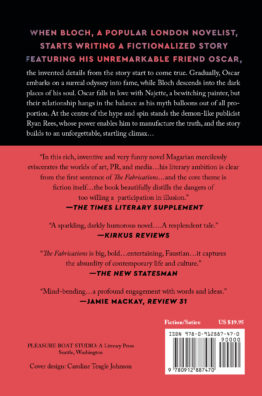
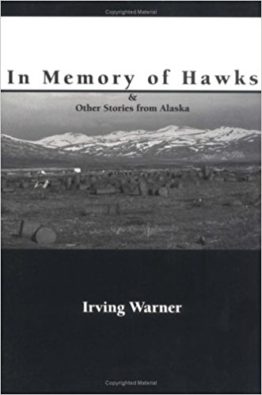
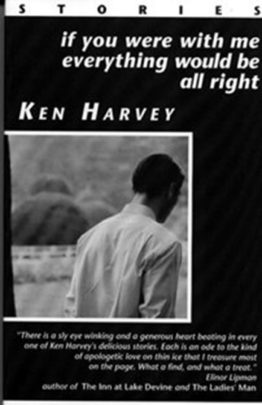
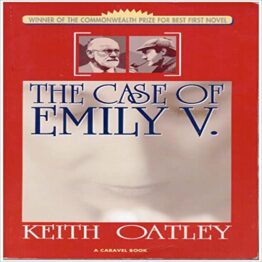
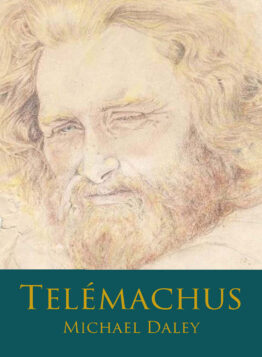
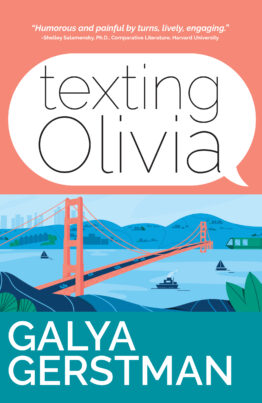

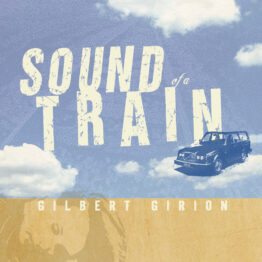
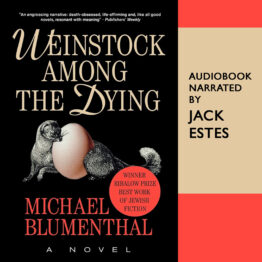
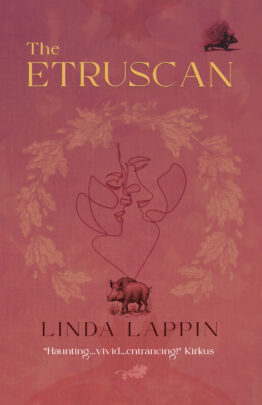
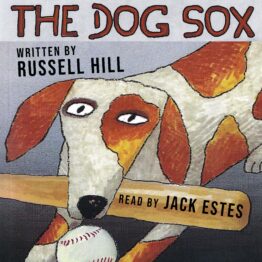
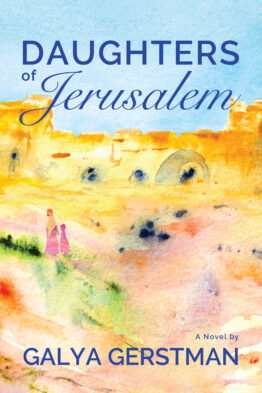
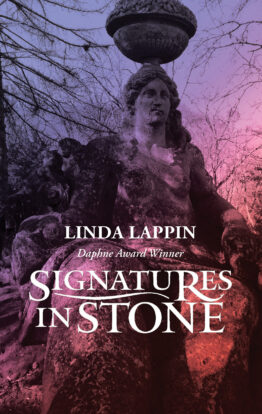
Michael Daley, Poet and Publisher of Empty Bowl Press –
“Questions arise about making fiction from fact. The difference seems arbitrary. I was struck by the passion he sustains, that grows as he gets closer to meeting her, how that meeting seems inevitable due to his will–it wasn’t an accident she attended his reading, as I anticipated. A sweet tale of renewal told with passion and wonder. The wisdom of the narrative is to use fiction as a thin disguise, that is, to suggest that this story is almost like a fairy tale, yet happened in reality. A completion story where we get to live out our past, or something so important to us in the past that we make it come true. A love story achieving innocence in our life’s ‘Act 3.’ More memoir than fiction in that we know so much more about the narrator than the title character, despite a full accounting of the facts of her life, and more about the narrator’s inner life, though facts of his life seem somewhat sketchy.”